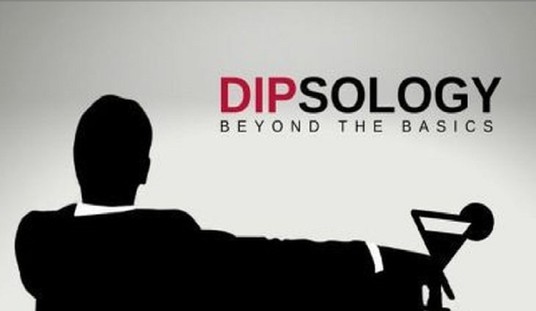[promoted from the diaries]
I’m taking time from reading the opinion (which itself represents taking time from billing clients), so this will be a quickie.
I’m not trying to gainsay Erick at length here (though concededly the title is a provocation), but I do want to get this out. We do not choose justices, on our side, because of policy results; we choose them for process, which we believe will usually, but not always, produce better results. Process matters in the law, because process is the law. When the law upon which the majority of our citizens through their representatives have agreed is followed, the result is axiomatically better either substantively or educationally, that is, because it shows us where our process is wrong.
This is even more important where the Constitution is involved, because the certainty of those processes is the bedrock on which our legal order is predicated. No certainty, no order; no order, no inferior laws.
While we should care about the Court’s result today, what should frighten us is the process used to achieve it.
What Roberts did today is to deflect mounting criticism of the court — including revived court packing schemes! — from the left. Roberts knows, from decades around conservatives, that we are no threat to the judiciary; not to put too fine a point on it, we’re like black voters with the Democrat Party. We’ll keep taking the abuse and coming back for more.
To preserve the Court’s institutional legacy, and to avoid an expansion of the Commerce Clause — a bete noire to the conservative movement for decades untold — he instead expanded the Taxation power. There is now literally no national policy that cannot be effected by placing in opposition to that policy a monstrously large tax, with the threat of fines, bankruptcy, and jail on the other side. None.
The idea that the mandate is a tax, and one allowed by the Taxation power, is facially ridiculous: You face a tax for existence, and can only escape it by paying for private insurance.
Taxation, as the Founders recognized, is an arrogation of power to the government. The power to tax is the power to control.
This is not to say we would have been better with Harriet Miers, or indeed, with anyone else. It’s to say that the Chief, who made the protection of the Court’s institutional image and entirely persuasive power his foremost goal, has gutted the limitation on enumerated powers to achieve that goal.
The result is awful. The process is worse.













Join the conversation as a VIP Member